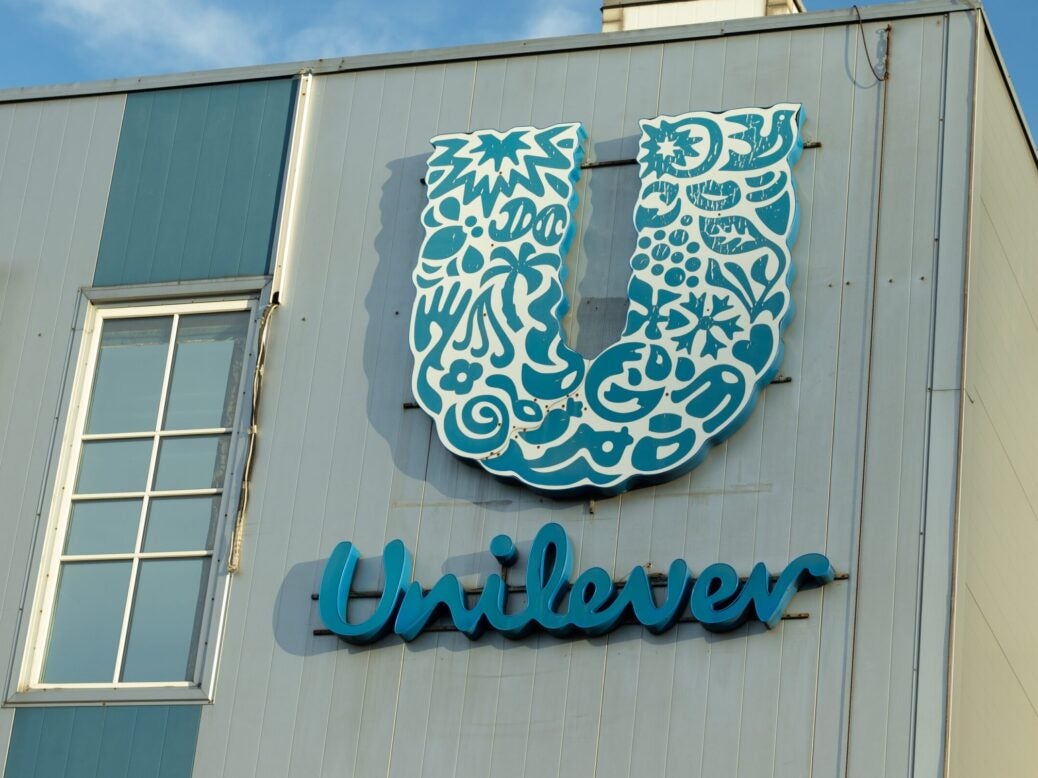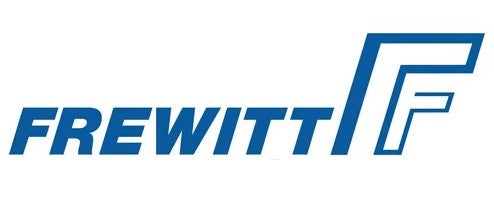
Unilever CEO Alan Jope anticipates the volume decline seen in Europe during the third quarter will deteriorate further through the winter months amid surging inflation and energy prices.
Volumes in Europe dropped 3.2% in the quarter based on pricing of 8.9%, steeper than the 1.6% drop for the group, even though price increases across the business were higher at 12.5%.
“In Europe, we see consumers feeling the pinch of higher prices, especially in Eastern Europe,” Jope told analysts on a conference call today (27 October). “Across Europe, consumers are now having to make trade-offs to respond to higher costs of groceries and utilities. And they’re deploying a range of coping strategies for that.
“For example, we saw private-label penetration grow in some categories, such as in-home ice cream, and household care. At the same time, we saw e-commerce growth slow down as consumers returned to physical stores.”
However, he sought to reassure call participants that Unilever was “buffered” by its geographical spread. Europe forms 20% of the business, North America 20% and the remaining 60% comes from “what are turning out to be more resilient markets in the rest of the world”, he explained.
Jope envisages inflation pressures will remain, at least through the first half of 2023, due to rising costs of commodities, labour and energy, and strength in the US dollar.
Net material inflation (NMI) is expected to be around EUR2bn (US$2bn) over the opening six months of next year, in line with the EUR2bn for the first half of 2022. Still, he predicts NMI will be higher in the back half of this year at EUR2.5bn.
Unilever’s price increases have averaged 10.7% year-to-date, with volumes down 1.6%, the same as the third quarter.
Yet Jope said: “It has surprised us a little bit just how low [elasticity has] been. And so we do expect that there will be more volume elasticity because there’s more price to come. And frankly, the macroeconomic environment is deteriorating.
“Don’t be surprised if the UVG (underlying volume growth) pattern into Q4 and early next year deteriorates from where it is right now.”
Jope, who is stepping down next year, put the current low levels of elasticity down to a “surgical” and well-rehearsed strategy for pricing, along with strong brand “health”.
On a more positive note, Unilever raised its underlying sales growth (USG) estimate for the full year to “above” 8%. In July, Jope lifted the outlook to more than the previously stated range of 4.5%-6.5%.
USG was 10.6% (EUR15.8bn turnover) in the third quarter, translating to 8.9% (EUR45.6bn) for the year so far. Third-quarter growth in the metric was due to “increases in pricing with only a limited impact on volume”, Jope said.



